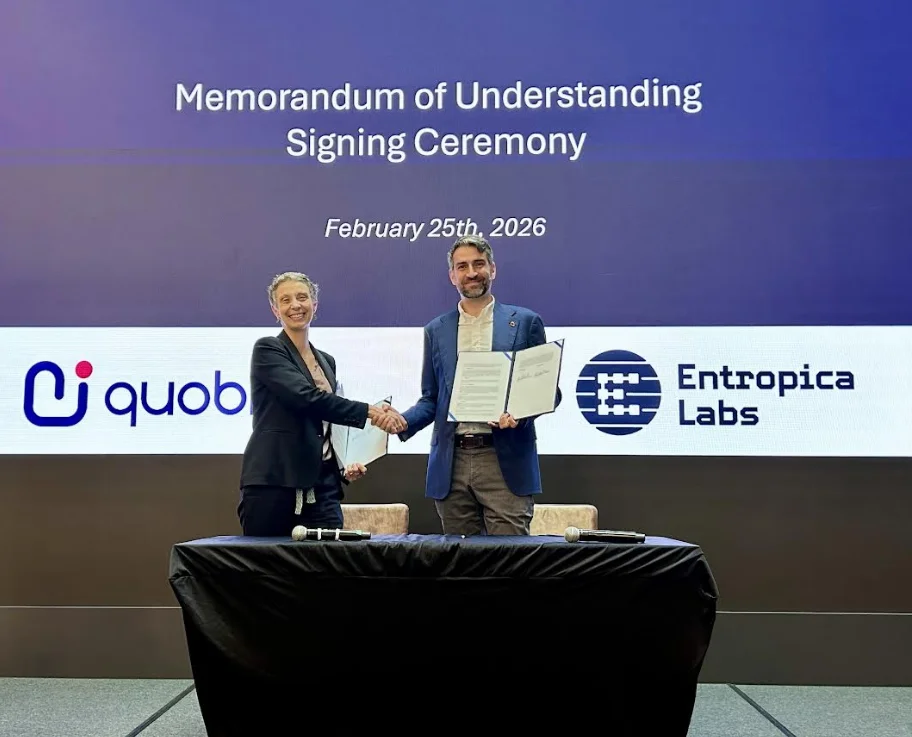Insider Brief
- Universal Quantum has joined the Open Quantum Institute to explore real-world quantum applications, starting with a drug discovery project for endometriosis.
- The collaboration will use quantum simulations to investigate non-hormonal treatments for a condition affecting 10% of women globally, with a focus on underserved populations.
- Universal Quantum’s participation reflects its broader mission to develop scalable ion-trap quantum hardware while ensuring ethical and socially beneficial applications aligned with global goals.
PRESS RELEASE — Universal Quantum has joined the Open Quantum Institute (OQI) to apply quantum computing to real-world global health challenges, starting with a new use case focused on tackling endometriosis.
Universal Quantum will work with OQI collaborators to explore high-impact applications of quantum computing across healthcare, drug design, and climate science. Its first proposed use case focuses on endometriosis, a debilitating condition affecting 10% of women globally. The project aims to investigate how quantum simulations can accelerate the discovery of non-hormonal, shelf-stable therapeutics – particularly for underserved populations in rural or economically developing regions.
Universal Quantum’s membership in the OQI reflects its dual commitment: not only to building scalable, fault-tolerant quantum hardware, but also to ensuring such technology is governed and deployed responsibly. As part of its endometriosis research, Universal Quantum will collaborate with experts in biomedicine, computational chemistry, and women’s health to simulate bio-molecular systems on quantum processors and better integrate these insights into drug discovery workflows.

Launched by the Geneva Science and Diplomacy Anticipator (GESDA) in collaboration with the UN’s International Telecommunication Union (ITU), CERN, and other international bodies, the OQI serves as a neutral platform to explore and support quantum use cases with global public benefit – from climate science to healthcare, food security and beyond. Universal Quantum joins a growing list of academic, industry, and institutional partners working to ensure that quantum technologies are developed and applied in alignment with the UN Sustainable Development Goals (SDGs).
“This is a complex challenge that won’t be solved by quantum computing alone,” said Dr Sebastian Weidt, CEO and co-founder of Universal Quantum. “We’re grateful to OQI and our collaborators for contributing essential domain knowledge. As we build the infrastructure for powerful quantum machines, we believe it’s equally important to work together to apply those systems in ways that advance science, society and shared prosperity.”
As one of the few European players pursuing a fully industrialised path to large-scale ion-trap quantum computing, Universal Quantum is building systems designed to scale to millions of qubits, with real-world impact and ethical application in mind from the outset.
For more information, visit www.universalquantum.com.














